And there was only one revolutionary virtue which he had not learned, the virtue of self - deception
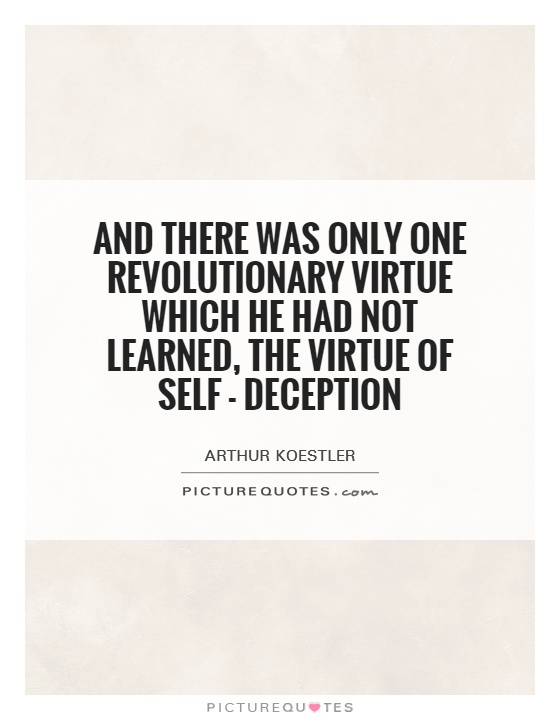
And there was only one revolutionary virtue which he had not learned, the virtue of self - deception
Arthur Koestler was a Hungarian-British author and journalist known for his works on politics, psychology, and science. He was a committed communist in his early years, but later became disillusioned with the ideology and became a vocal critic of totalitarianism. One of his most famous works, "Darkness at Noon," explores the dangers of self-deception in the context of revolutionary movements.In "Darkness at Noon," Koestler tells the story of Rubashov, a high-ranking communist official who is arrested and interrogated by the Party for alleged crimes against the state. Throughout the novel, Rubashov grapples with his own beliefs and the reality of the totalitarian regime he once served. He comes to realize that the Party's ideology is built on lies and deception, and that he himself has been complicit in perpetuating these falsehoods.
The quote "And there was only one revolutionary virtue which he had not learned, the virtue of self-deception" encapsulates the central theme of the novel. Rubashov's downfall is ultimately the result of his refusal to deceive himself about the true nature of the Party and its leaders. He is unable to reconcile his own moral compass with the brutal tactics employed by the regime, and ultimately pays the price for his honesty.
Koestler uses Rubashov's story to explore the dangers of blind faith in revolutionary movements. He shows how self-deception can lead individuals to betray their own values and become complicit in atrocities. By exposing the inner workings of totalitarian regimes, Koestler challenges readers to question their own beliefs and resist the temptation to deceive themselves for the sake of ideology.

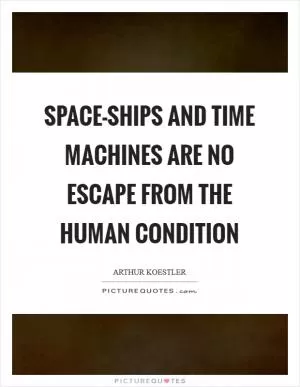
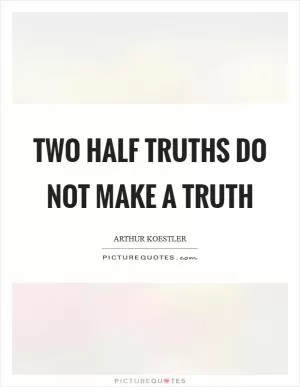
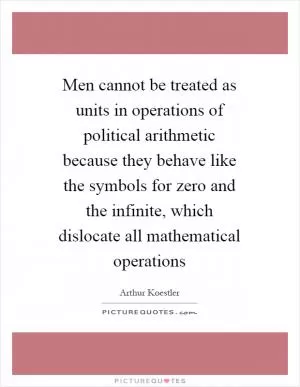
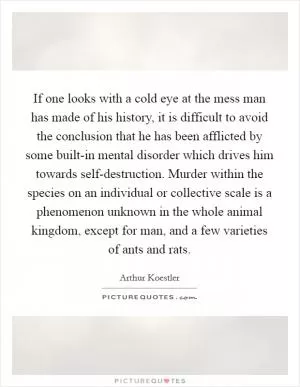
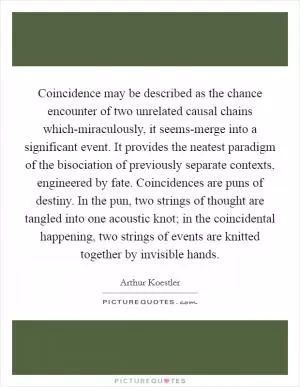
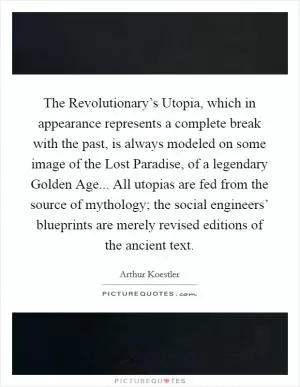
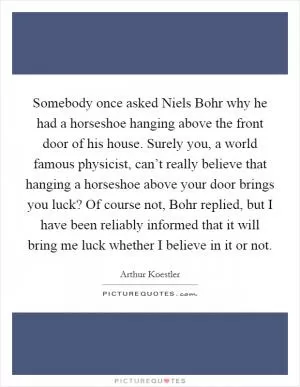
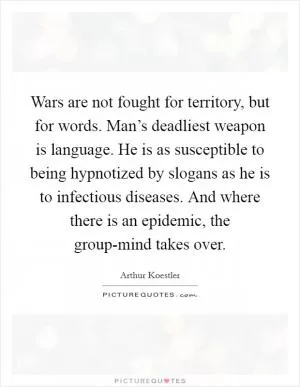
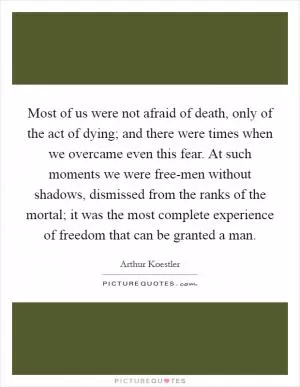
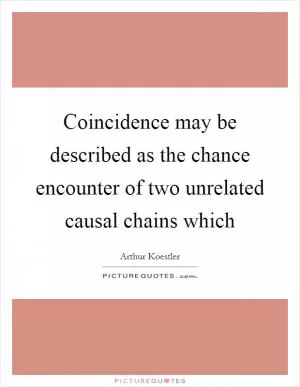
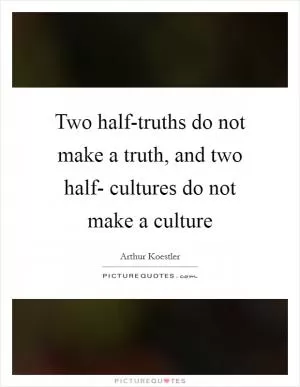
 Friendship Quotes
Friendship Quotes Love Quotes
Love Quotes Life Quotes
Life Quotes Funny Quotes
Funny Quotes Motivational Quotes
Motivational Quotes Inspirational Quotes
Inspirational Quotes